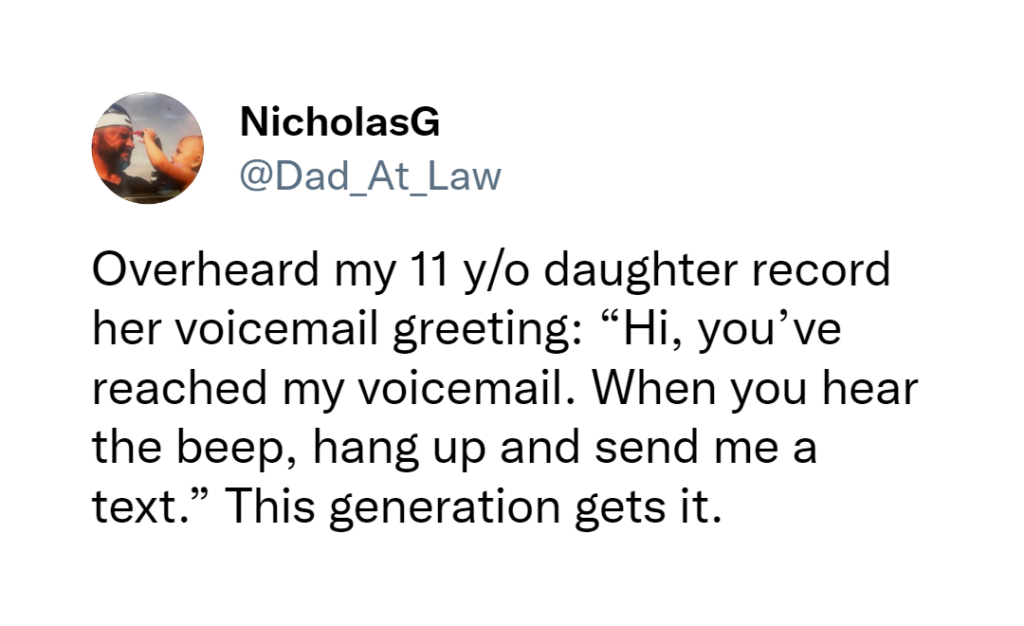Good Monday Morning
Thursday marks the end of the COVID-19 health emergency declaration in the U.S. This likely means that you will have to pay for testing and treatment if you become ill. More than 1,000 Americans still die from the disease each week, more than from gun violence and car accidents combined.
Today’s Spotlight is 1,134 words–about 4 minutes to read.

Spotlight On … Facial Recognition Privacy
It’s increasingly common to have to comply with identity requirements to attend concerts, sports events, or access government records, putting data access at odds with individual facial recognition privacy and security.
Israeli soldiers use Red Wolf software and its red-yellow-green icons to indicate whether Palestinians can cross into the occupied West Bank or be investigated. Amnesty International calls that practice ‘automated apartheid’.
The human rights organization also criticized the Met Police for their plans to deter crime or help with intelligence operations by using live facial recognition. Critics call the technology Orwellian and criticize law enforcement authorities for boasting of only 1 false positive in 6,000. They also call the concept mass surveillance and assert that no one will have an expectation of facial recognition privacy.
Americans already face similar requirements at concerts and sporting events. During a field trip with her daughter’s Girl Scout troop last December, a woman working for a law firm suing Madison Square Garden was denied access to MSG-owned Radio City Music Hall. State officials and the law firm threatened MSG’s owner, but he doubled down on the technology.
Nine U.S. ballparks this summer are testing similar programs powered by Clear. Clear has used that technology in U.S. airports for years and is branching into offering services to venue owners.
U.S. government agencies also require positive identification to access services. A driver’s license or other photo ID is normally reviewed by an official, but Login.gov uses biometrics instead. Both this program and ID.me, proposed by the Internal Revenue Service last year, have detractors. IRS backpedaled after widespread criticism, allowing Americans to verify their identity by video call or photo ID at 650 branches.
As we reported in January, multiple police departments have jailed individuals based on false facial recognition results. Clearview, a company that made headlines by illicitly downloading 30 billion photos from Facebook and social media sites, claims to have run nearly 1 million reports for law enforcement agencies against a database of those images. Some cities, including Portland and San Francisco, ban police from using that company’s services.
3 More Stories to Know
1) Google announced passkey support has arrived for personal accounts and will migrate to Google Workspace commercial accounts. The secure login uses biometrics or a PIN instead of a password. We wrote about passkeys last November.
Separately, Google announced that it will start displaying a blue checkmark next to commercial email senders’ names when the organization has verified their domain.
2) IBM said that it will pause hiring for nearly 8,000 jobs that it thinks will be performed by automation and machine learning software in the coming years.
3) More shipping and returns information will begin appearing in Google search results. This requires additional merchant coding so look for the information to first begin appearing at big brands and the most savvy of small businesses.
Practical AI
A Reddit community of college professors has been gleefully following the financial results of “education company” Chegg Inc. The $700 million publicly traded company offers “homework help” and similar assistance that facilitates student cheating. Chegg lost 49% of its value the day after it acknowledged that revenues were harmed by the widespread rollout of ChatGPT.
Samsung is banning employees from using generative AI for work. The company said that some sensitive code has been uploaded by employees. It’s a great reminder for your organization–not just developers looking for code troubleshooting, but others using the systems to help write copy about sensitive topics.
Tool of the Week: This Midjourney prompting tutorial is clearly written and offers solid advice. It’s a great place to start if you’re looking to improve your graphics to the next level.
Trends & Spends



Did That Really Happen? — VP Video Was Doctored
A video of Vice President Kamala Harris that started on TikTok made its way around social media online via tens of thousands of people sharing. PolitiFact reports that the video was doctored and shows her “talking nonsensically” and slurring her speech during an address at Howard University.
Following Up — Robocops & Driverless Cars
We told you last week about New York Mayor Eric Adams partnering again with Boston Dynamics and their four legged robots called Spot. Now a firm has outfitted the same robots with onboard ChatGPT access and a Google Text-to-Speech interface.
Perhaps they can help their human counterparts in San Francisco who are shown in this remarkable bodycam footage trying to corral a driverless vehicle that blundered into a fire and crime scene.
Protip — Make How-To Guides
If you need to show a colleague or a customer how to do something online, you can now make professional-looking manuals based on your own screen and actions. I’ve played with Scribe for a couple of weeks and think that its free version is fine for casual business use.
Screening Room — Budweiser Builds Ground Coolers to Combat Climate Change
Science Fiction World — Sweden Building Electrified Road
Letting the road charge your car as you drive is another mind-boggling way to help mitigate climate change. Sweden plans to build this electrified motorway within two years. The road will connect Stockholm, Gothenburg, and Malmö.
Coffee Break — Tour the Space Station
The European Space Agency published a virtual tour of the International Space Station. Similar to Google Maps’ Street View, you can move though the various modules on the Space Station,
Sign of the Times
